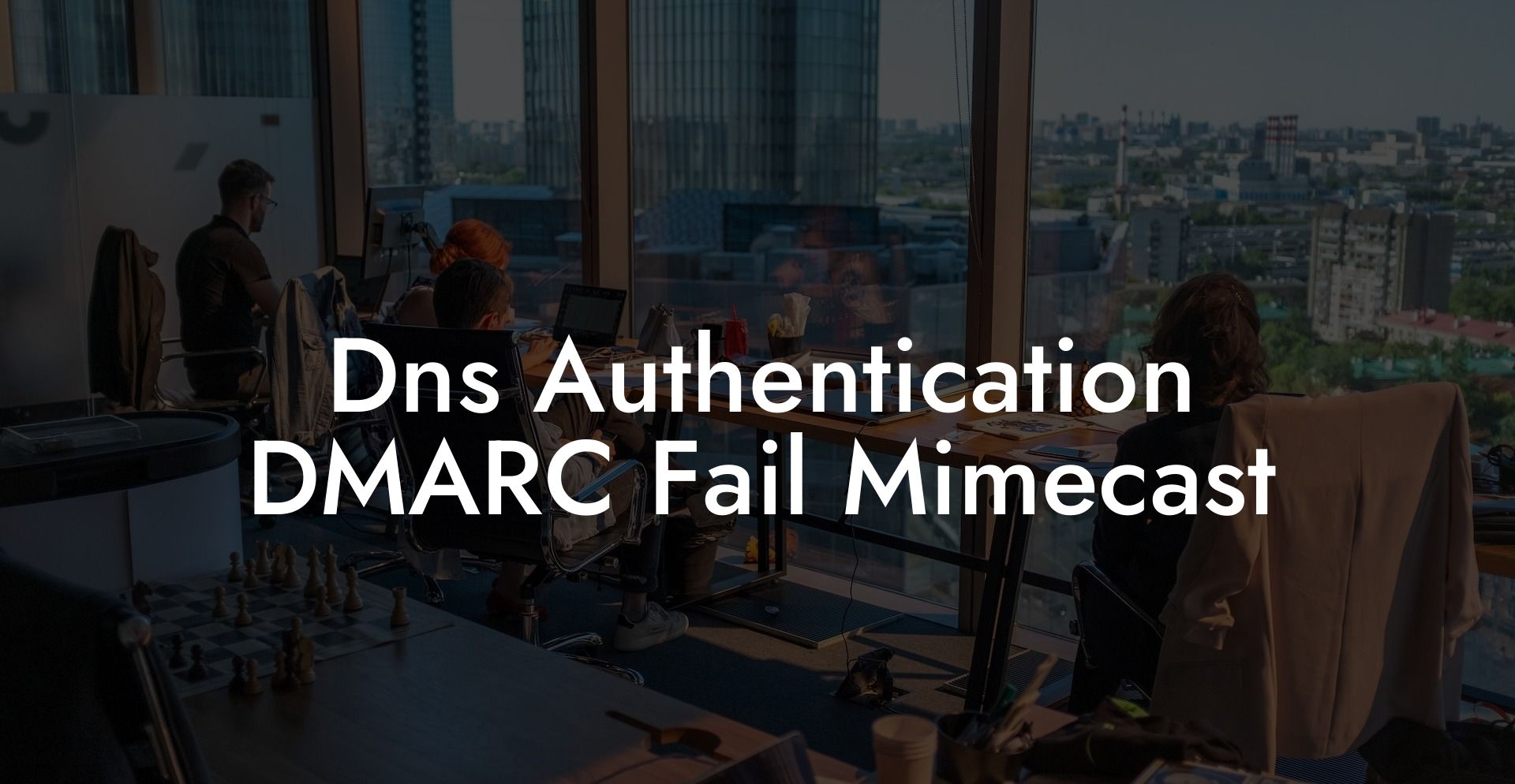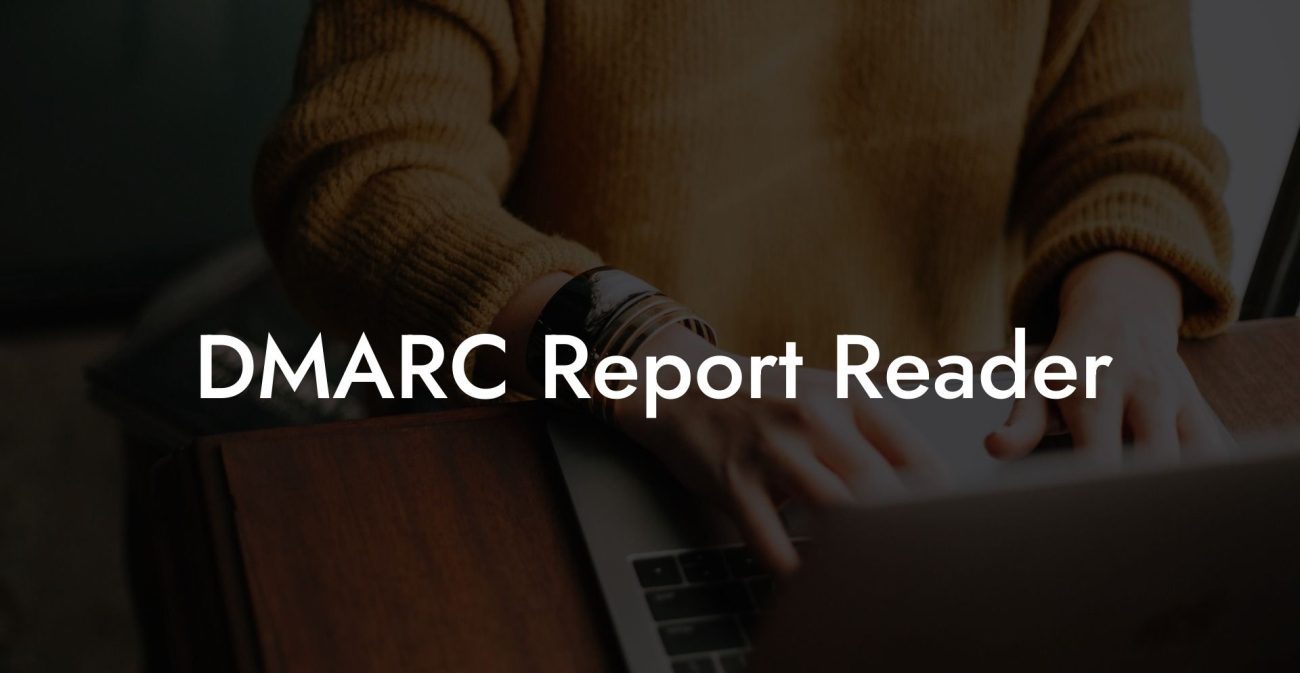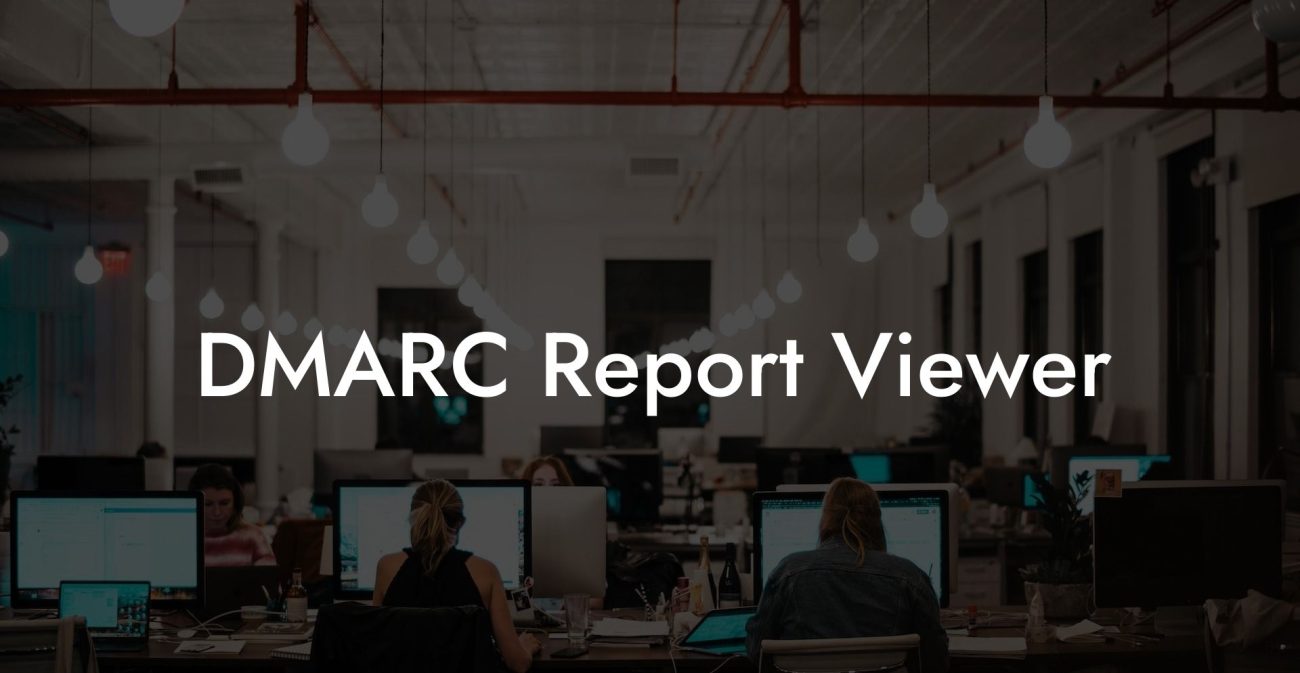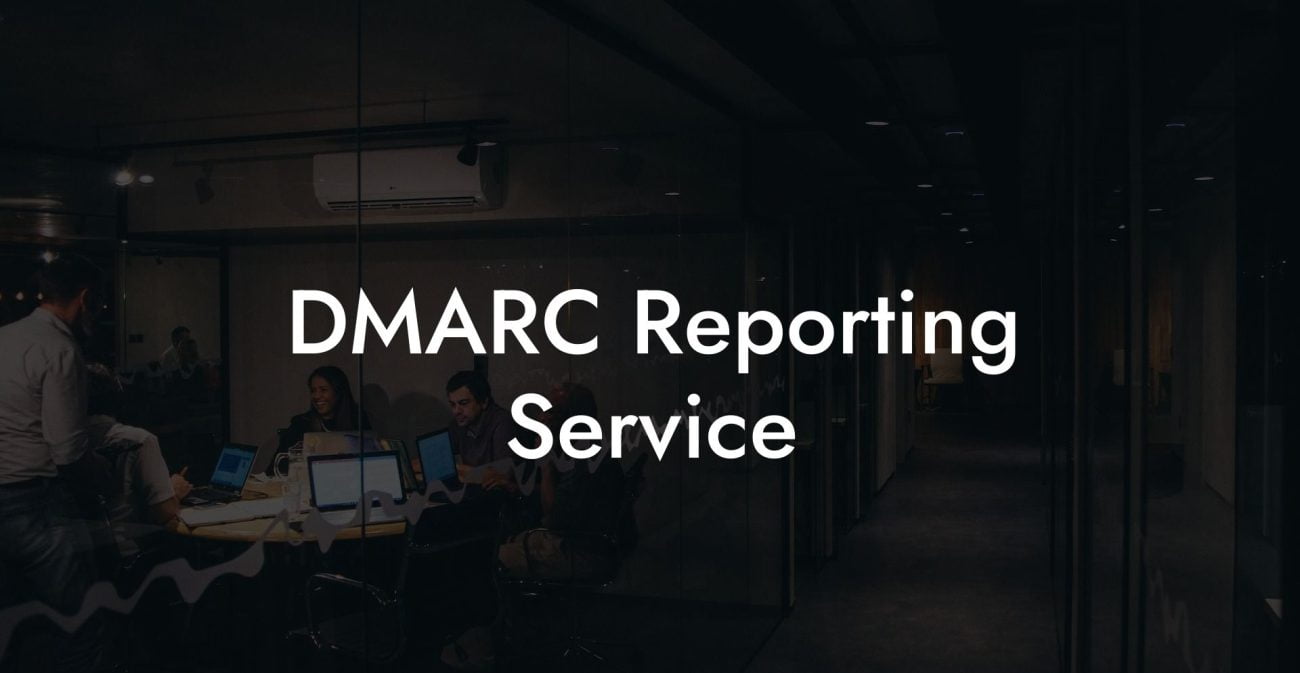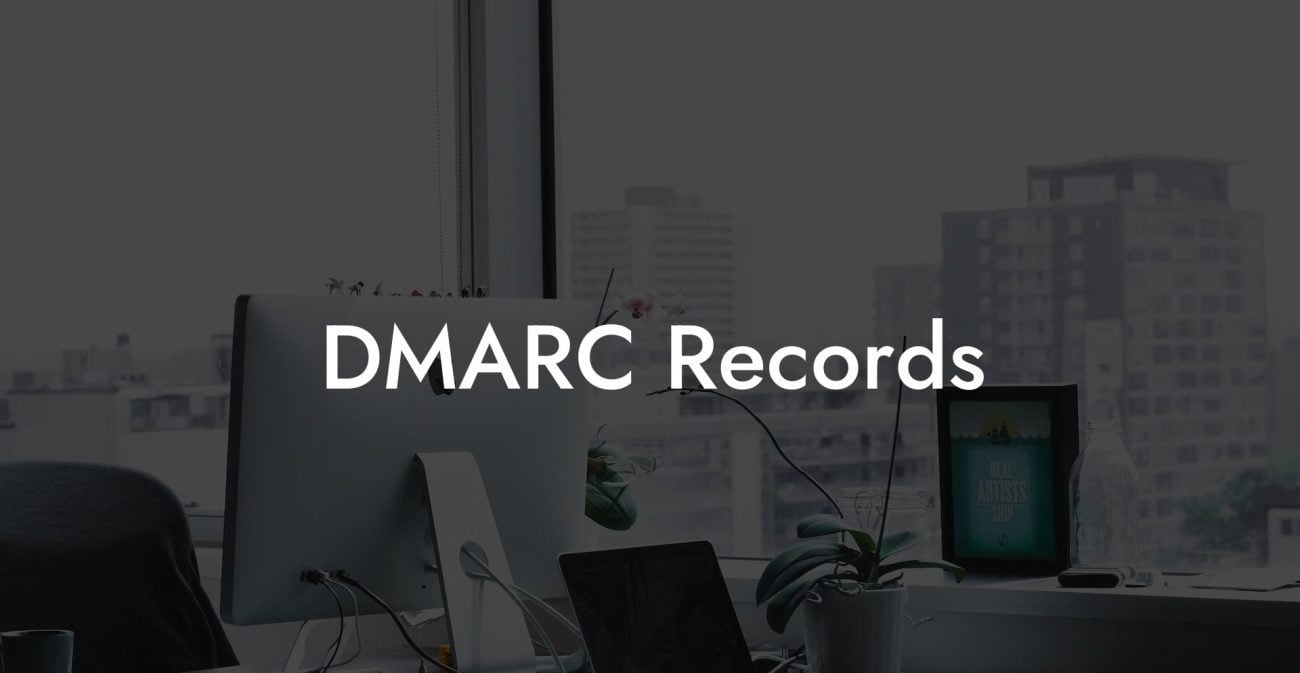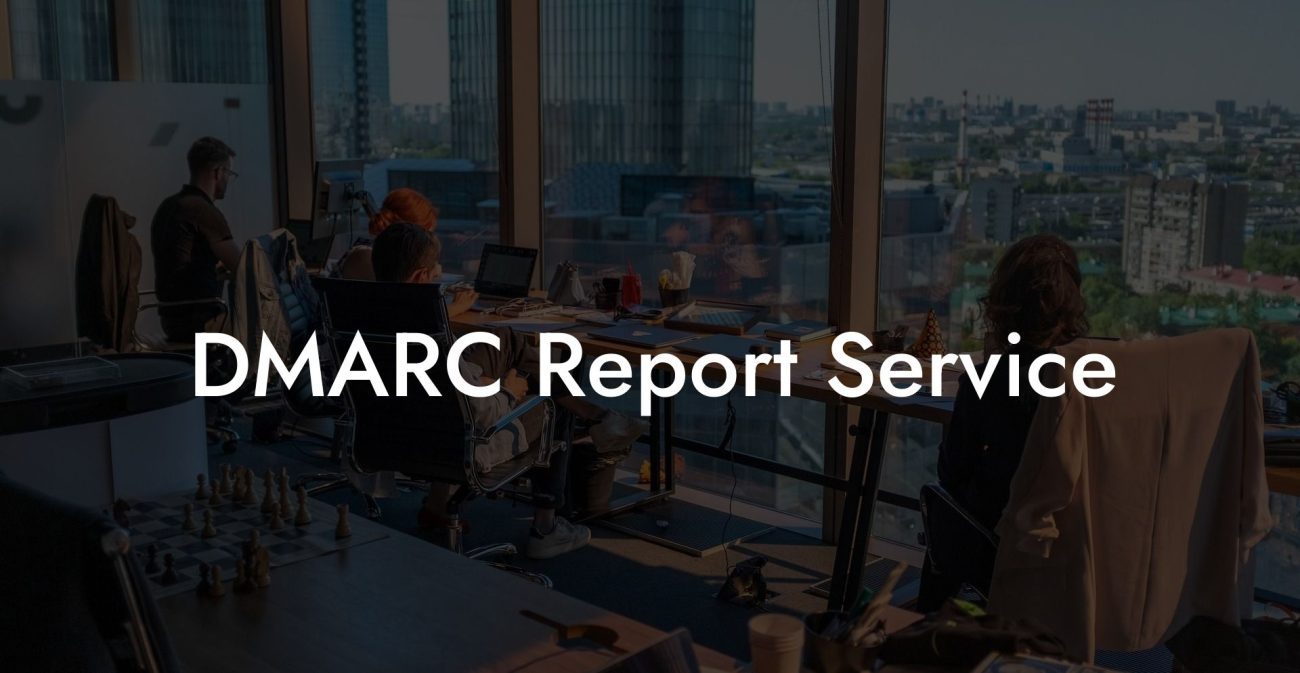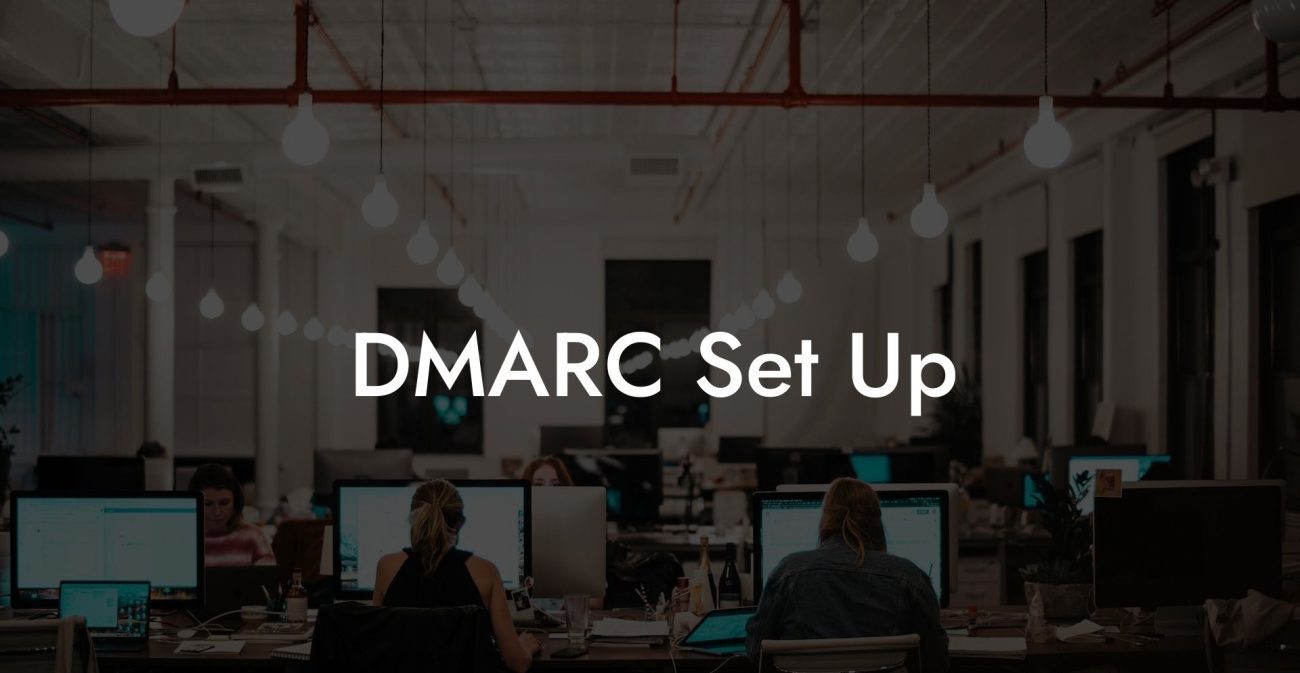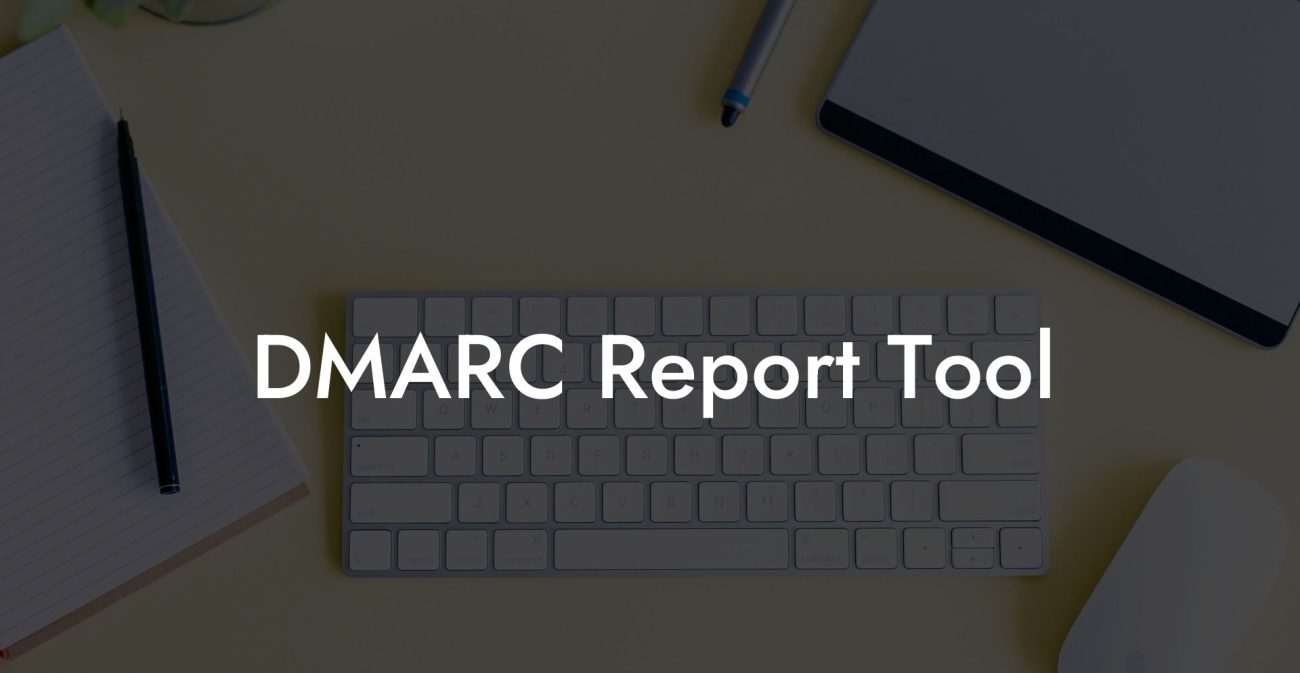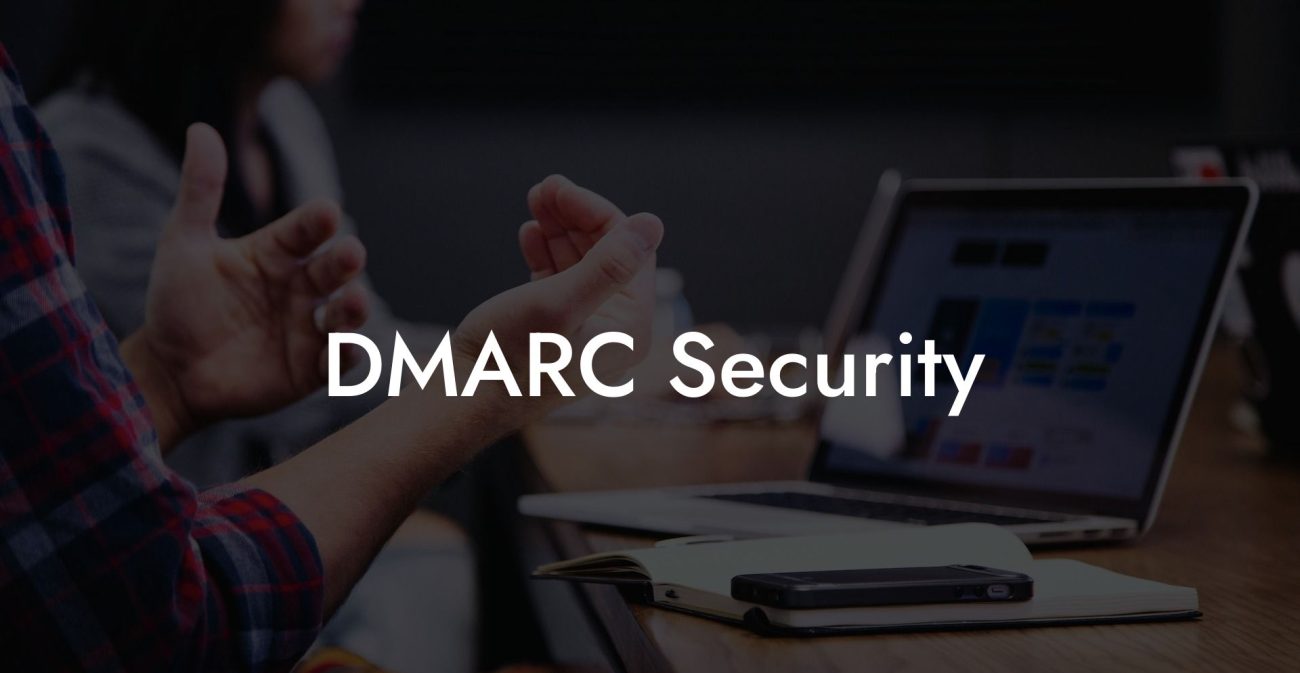In today's online world, email security is more important than ever. Cybercriminals have been using sophisticated tactics such as phishing attacks to steal sensitive information from unsuspecting victims. One of the methods used by these attackers is exploiting weak email authentication, such as DMARC. Fortunately, email security providers like Mimecast are taking steps to address this issue, but it's important for users to be aware and vigilant. In this blog post, we're going to discuss DNS authentication, DMARC, and its failure in Mimecast, and how you can protect your organization from these types of security threats.
Dns Authentication DMARC Fail Mimecast Table of Contents
What is DNS Authentication and DMARC?
What is DNS Authentication and DMARC?
DNS authentication, or Domain Name System authentication, is a method used to verify the sender's identity in an email. This is achieved by examining the domain in the email address and ensuring it matches the actual domain where the email originated.
Protect Your Data Today With a Secure Password Manager. Our Top Password Managers:
DMARC, or Domain-based Message Authentication, Reporting, and Conformance, is an email authentication protocol that builds on other protocols like SPF (Sender Policy Framework) and DKIM (DomainKeys Identified Mail). It provides a way for email senders and receivers to collaborate for better and more accurate email authentication. It aims to prevent fraud and ensure the integrity of the email sender's identity.
Role of DMARC in Email Security
DMARC plays a significant role in email security by helping organizations protect their brand and customers by:
- Preventing unauthorized use of their domain for sending emails
- Reducing the likelihood of phishing attacks and domain spoofing
- Providing insights on the effectiveness of their email authentication
- Minimizing the chances of legitimate emails being marked as spam
Mimecast and DMARC
Mimecast is a popular email security provider that offers solutions for email security, archiving, and continuity. One of its key features is providing support and integration for email authentication standards such as DMARC. However, there have been instances of DMARC failure in Mimecast, raising concerns about the effectiveness of its implementation.
Why DMARC Fails in Mimecast
There are several reasons why DMARC authentication may fail in Mimecast, including:
- Incorrect configuration: Inappropriate configuration of DMARC or DNS records can cause authentication to fail. This may include errors like misformatted or missing TXT records or SPF/DKIM records that do not match with DMARC records.
- Forwarding issues: Email forwarding can sometimes cause issues with DMARC authentication, particularly when there are multiple layers of forwarding involved.
- Mail server misconfiguration: Email servers failing to sign messages correctly with DKIM or not checking SPF properly can lead to DMARC failures.
- Third-party email service providers: If you're using a third-party service to send email on your behalf, it must be correctly set up to comply with your DMARC policy.
Steps to Resolve DMARC Failure in Mimecast
To address these issues and ensure your organization is protected from email phishing attacks, you should consider the following steps:
- Audit your DNS and DMARC configurations to ensure accuracy and proper formatting.
- Ensure your email servers and third-party email service providers are correctly set up to comply with your DMARC policy.
- Perform regular checks on your email authentication effectiveness, including SPF and DKIM checks.
- Consider using a tool like Mimecast's DMARC Analyzer to continuously monitor and analyze your DMARC authentication performance and identify potential issues.
Dns Authentication DMARC Fail Mimecast Example:
A medium-sized company was experiencing a sudden increase in email phishing attacks targeting their employees. After investigations, they discovered that their DMARC authentication was not working correctly within Mimecast, prompting them to take action. The company conducted a thorough audit of their DNS and DMARC configurations and identified some errors in their TXT records. They corrected the records and re-tested the DMARC authentication, resulting in successful verification. The company also implemented Mimecast's DMARC Analyzer tool to monitor their DMARC performance continuously and proactively identify potential issues.
Understanding the importance of DNS authentication and DMARC in ensuring email security cannot be underestimated. Due to the ever-evolving nature of cybersecurity threats, staying informed about potential issues, like DMARC failures in Mimecast, can significantly impact your organization's safety and reputation. By addressing these issues proactively and ensuring your email authentication is set up correctly, you can protect your organization from email phishing attacks and maintain a secure digital environment. If you found this post informative and helpful, please feel free to share it with your colleagues and explore other valuable guides on Voice Phishing.
Protect Your Data Today With a Secure Password Manager. Our Top Password Managers:

